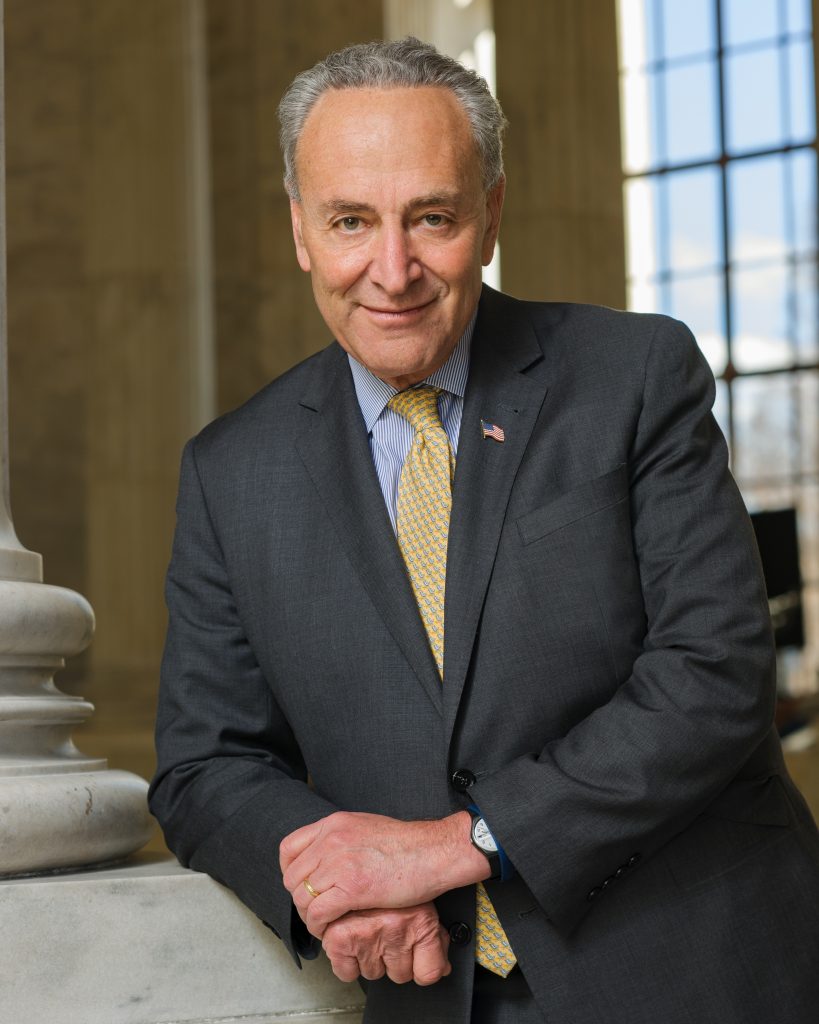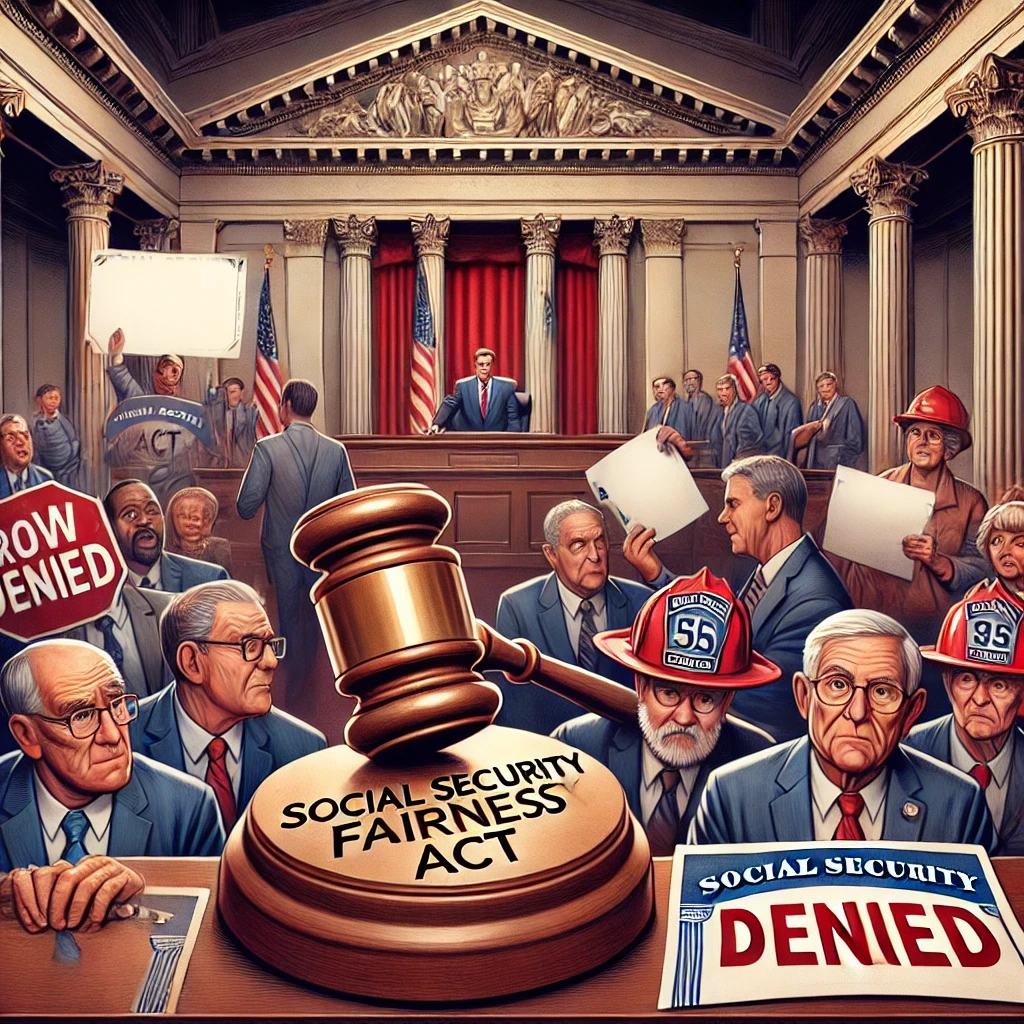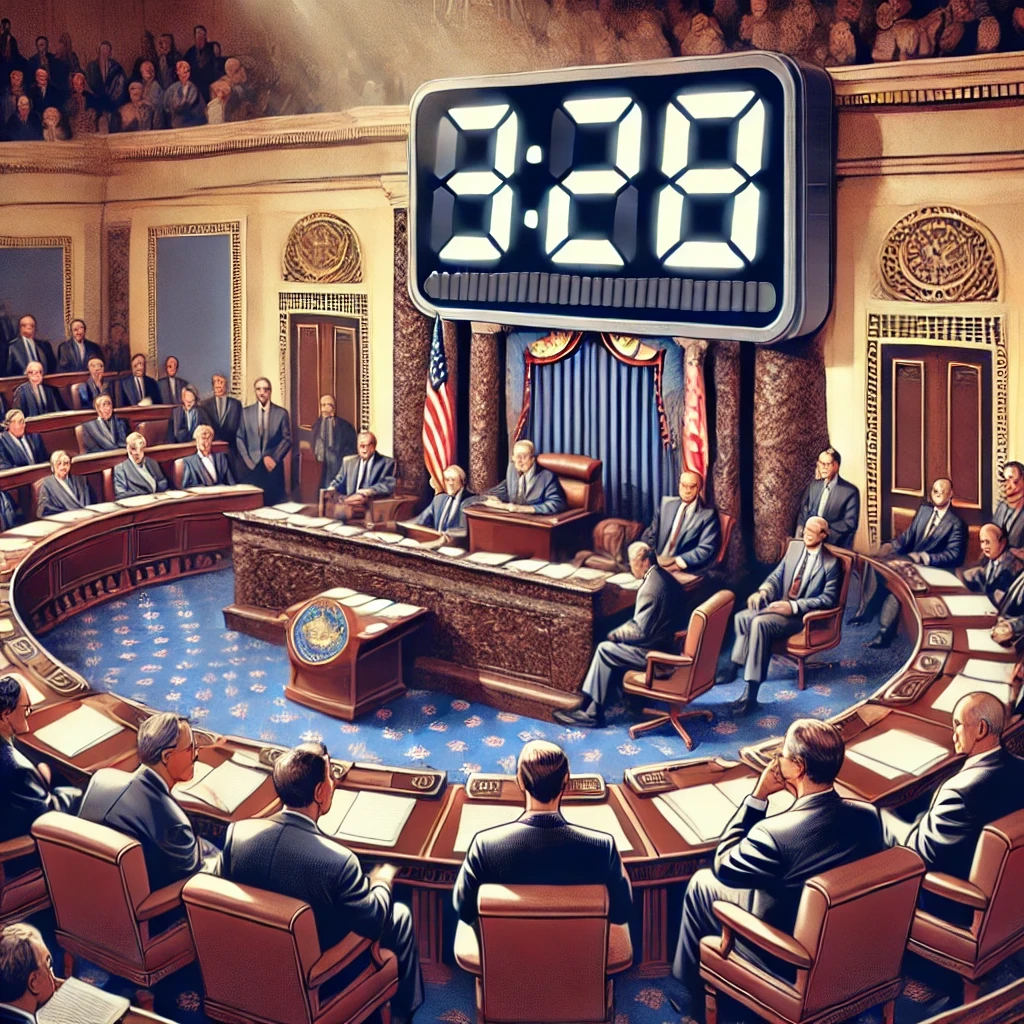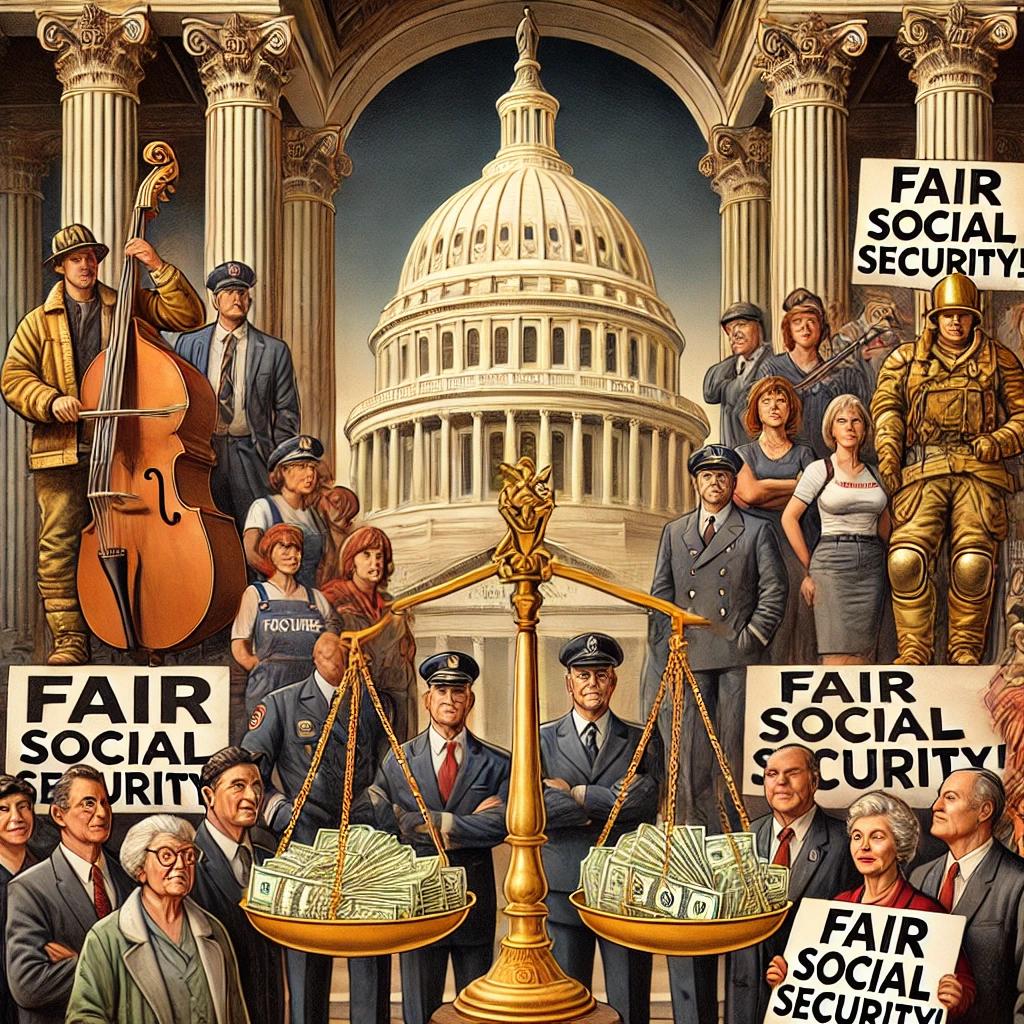WASHINGTON, D.C. — With a critical vote looming before the holiday recess, the U.S. Senate appears poised to pass the Social Security Fairness Act, a bill that aims to repeal the Windfall Elimination Provision (WEP) and the Government Pension Offset (GPO). On paper, the legislation would level the playing field for public service retirees—like teachers, firefighters, and police officers—allowing them to receive full Social Security benefits alongside their public pensions. But conspicuously included among these beneficiaries are the members of Congress themselves, who stand to gain from the measure.

The bill, championed by Senate Majority Leader Chuck Schumer (D-N.Y.), has drawn praise from unions and public service advocacy groups who say the current rules unfairly penalize those who spent their careers serving the public. Yet critics are raising eyebrows at the fact that lawmakers, many of whom already enjoy lucrative retirement packages, have declined to carve themselves out of the changes. In other words, the very politicians tasked with weighing the cost of these reforms would also personally profit from the same.

When pressed about the issue, supporters of the bill argue that removing WEP and GPO should be universal. They contend that creating exceptions or exclusions could set a dangerous precedent. Still, questions persist: If the goal is fairness for teachers and first responders, why not demonstrate leadership by setting themselves apart? Congress’s failure to do so suggests a political class that remains unwilling to sacrifice even a small portion of its own comfort.

Opponents of the measure have not missed the chance to call out the perceived conflict of interest. They point to decades-long criticism that members of Congress often pass laws that benefit themselves or shield their own perks from reforms aimed at ordinary citizens. The Social Security Fairness Act, they argue, should have included a clear exclusion for elected officials, ensuring that those who make the rules do not disproportionately reap the rewards.

The Congressional Budget Office estimates the measure could cost upwards of $190 billion over the next decade. That’s a significant sum to add to the nation’s debt, and while public servants on modest pensions may desperately need the change, the fact that members of Congress—many far from financially vulnerable—will also see a bump in benefits is particularly galling to critics. Even if lawmakers claim the impact on their personal windfall is minimal, the symbolism is hard to ignore.

To be sure, many public servants stand to benefit immensely. A retired public school teacher who spent summers working in the private sector might finally receive the full Social Security she earned. A police officer’s spouse may no longer see their survivor benefits slashed due to GPO rules. These are indisputably positive outcomes. But right alongside these stories stand members of Congress, who could walk away with fuller pockets despite already receiving pensions and other unique benefits not readily available to the average citizen.

Public sentiment on this aspect of the bill remains mixed. On the one hand, it’s hard to deny the moral imperative of treating our nation’s teachers and first responders fairly. On the other, as many Americans struggle with the high cost of living and paltry retirement savings, the notion that well-paid lawmakers will also enjoy an upgrade to their Social Security payouts strikes some as tone-deaf. After all, these legislators operate in an environment where access to top-tier health insurance and generous retirement plans is already standard.

There were opportunities to do this differently. Lawmakers could have added an amendment ensuring that while educators, emergency workers, and other ordinary public servants would be made whole, sitting and future members of Congress would not receive the same boost. Such a move would have demonstrated genuine altruism—a recognition that public trust requires leading by example, not by self-enrichment.

Instead, the current version of the bill sends a mixed message. Yes, it will bring relief to thousands who have long claimed they were cheated out of benefits they rightfully earned. But it will also ensure that the political class, often maligned for its perks and privileges, retains and even amplifies its advantages. Whether this stems from oversight, political calculation, or a deeper reluctance to give up personal gain is an open question.

With the Senate vote expected soon and a government shutdown looming, the debate over the Social Security Fairness Act has been overshadowed by pressing deadlines and last-minute negotiations. Yet as the dust settles, Americans may once again look at Congress and wonder: Why didn’t they exclude themselves? The ultimate test of fairness might have been the willingness to say, “not me.” Instead, Congress’s choice to include itself in these benefits risks tarnishing what could have been a principled, bipartisan victory for the everyday heroes who truly need it.





